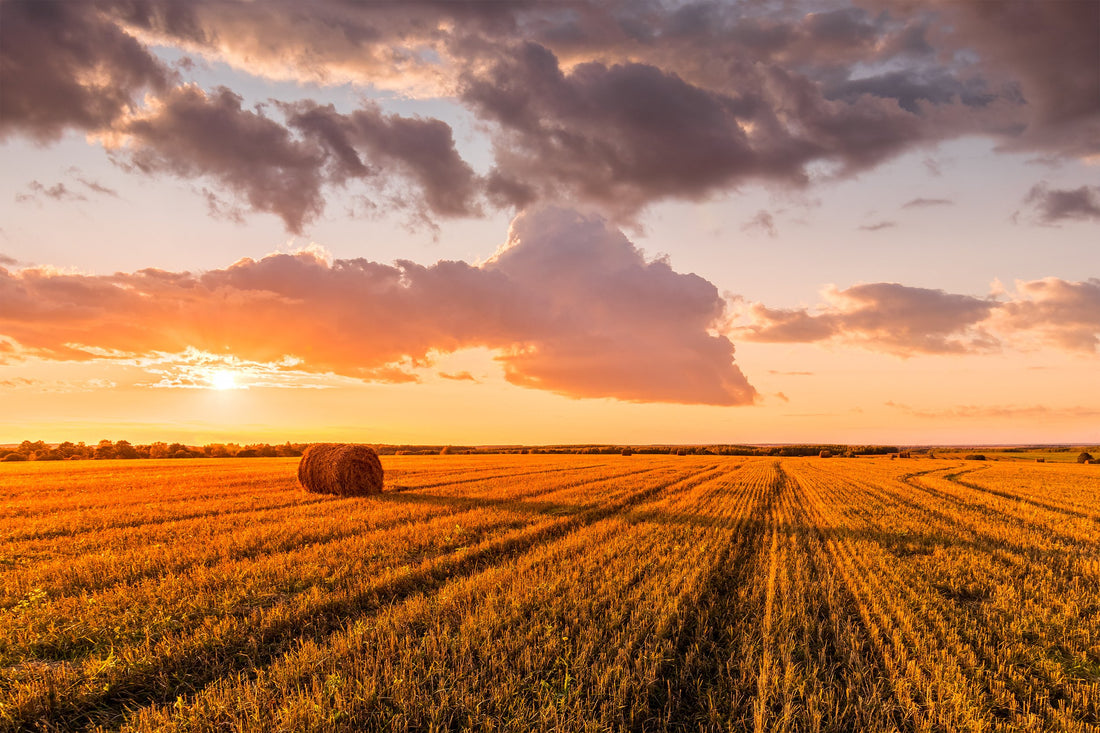
Agribusiness vs Organic Meat
Share
Why Organic?
Conventional farming takes hundreds of acres of land, which is terraformed, put under the stress of housing a huge amount of animals in one small space and other aspects of conventional agri-business like the use of pesticides, insecticides and chemicals transferred through animal waste. These chemicals get into the grass and soil of paddocks and can run off during wet weather to waterways used to grow and hydrate the Earth and the animals. A main feature of organic meat production is abstaining from the use of chemicals in land management and animal husbandry. There is no use of GMOs, growth hormones, pesticides, vaccines and anything else that wouldn't present in natural feeding. Organic farming most often includes larger space, or less animal production, which also saves the earth from exceeding capacity in paddocks, making it easier for the earth to regenerate and produce nutrition-dense food.

Organic meat protects more than just the dirt and the water, it mitigates the emission of methane into the atmosphere. Organic farms which raise a lower number of cattle consequently have lower levels of methane emission, reducing climate consequences.
Conventional farming is also required to keep up with the demand of the market, providing consumers with their favourite cuts of meat: Most often muscle meats like steaks, ribs, chops and mince bits. Mass agriculture fills the market by killing as many heads of animals as possible to meet demand. These heads contain less popular meat cuts like organ meats, meat around the neck, the legs and the head, of which are often thrown out or left on shelves. These less popular meat cuts are thrown away into landfill, which breeds disease and releases ethanol and methane. Organic farming, whilst also reducing amount of animals raised and killed at once, also encourages nose-to-tail eating, which you can read here.
Bella and Boots has chosen to use organic meat supplied by Eumundi Meats' friendly farmers for all of these reasons and more: we use the less desired pieces of a meat carcass to provide your pet with the important omega fats, proteins, nutrients and vitamins they need to live and thrive.
You can read more about the benefits of our food packs for your furry friends in the product descriptions on our website. If your dog or cat has tried our Bella & Boots packs and enjoyed them, we’d love to know. You can tag us on social media @bella_nboots or fill out this form here to win a 700g food pack and join Bibi as our Pet of the Fortnight.

